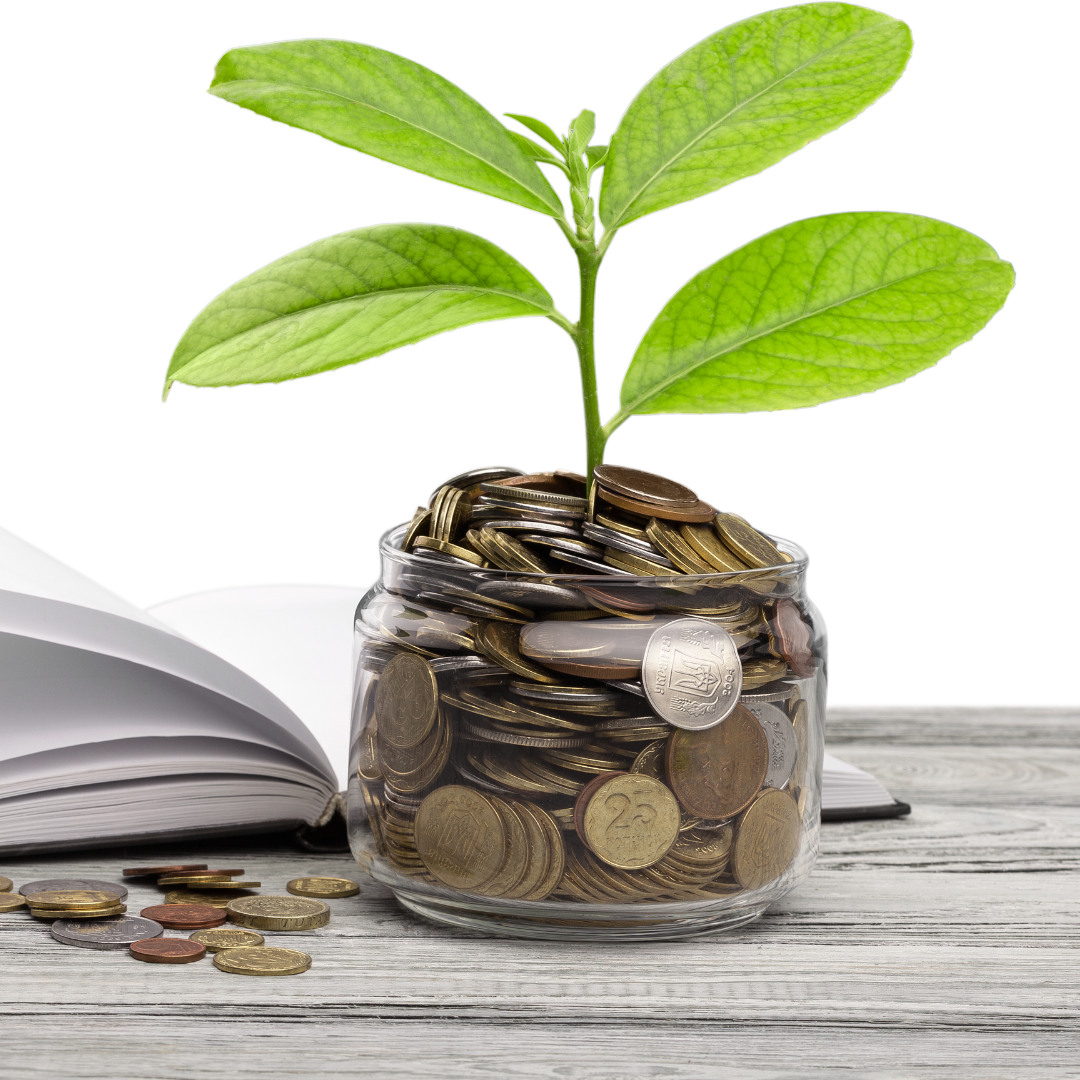Maybe you are like most people, and you hate the idea of saving money. To you, it is just about as fun as cleaning the gutters or brushing your teeth. But saving money is really vital to a healthy financial future. Here are ten great money-saving tips to help you get started:
Keep Track of Your Spending
Keep track of your spending to save money. A few simple strategies can make this easier. First, keep all receipts as this lets you track your money and see where you spend it and how much each time. Second, follow your budget and track your progress toward your monthly budget. Avoid impulse buys. Overspending on unnecessary items is easy if you are not tracking what you are doing. Additionally, for those looking to manage their expenses further, consider convenient options like automatic fuel delivery from Brothers Oil (brothersoil.com) or other providers, smart appliances in your home, and power management systems. Such services can help streamline your budget by providing a predictable and efficient solution for one of your regular energy expenditures, ensuring that your spending stays in check.
Separate Wants from Needs
Needs and wants must be differentiated. Basic needs encompass shelter, food, clothing, and transportation. Similarly, if you live in a location where winters can be harsh, purchasing heating fuel from the likes of Dutch Oil and Propane or similar providers to keep your house warm can be classified as a need. However, keep in mind that your wants may include a new automobile, a larger house, or a trip to Europe. Separating needs from wants serves two purposes: first, it helps save money by focusing on essential expenses, and second, it can enhance your contentment. Appreciating what you have contributes to a happier mindset.
Avoid Using Credit to Pay Your Bills
When short on cash, credit cards might be seductive. Using credit to pay expenses is risky. Credit card debt is not “free money” Credit card firms offer high-interest rates, so you pay more over time. Credit card debt can lower your credit score, making it harder to receive loans in the future. You can save money or get a personal loan if you cannot meet your financial responsibilities.
Save Regularly
Start saving money regularly for your future. A tiny monthly contribution might pile up over time. Saving sooner is better. Compound interest makes the money you save today worth more in the future. Early and frequent saving is a good financial move. If you do not save regularly, start now. It is worth it.
Check Your Insurance Policies
We pay monthly premiums on insurance coverage we never use. According to new research, the average American spends $1,200 a year on insurance yet only files one claim every 18 years. If you want to save money, review your insurance coverage. Switch to a less comprehensive policy or raise your deductible to save money. But always ensure that you are protected in case of an accident or emergency.
Avoid Periodic Purchases
Many of us find ourselves making periodic purchases-a new pair of shoes, a new lounger, a new television-to keep our homes looking stylish or to keep up with the Joneses. But when it comes to spending our hard-earned money on periodic purchases, it is not easy to stick to a budget.
Cut or Downgrade Your Services
You probably know the basics of cutting your expenses. But you may not realize you can save in other ways, too. For instance, if you cut back on cable and internet services, you could free up some money to cover other expenses. And if you have been using the same cell phone plan for years, you could save a few bucks with a lower rate.
Try Lowering Your Energy Bill
If you are concerned with your rising energy costs, there are some things you can do to save money. The biggest way to save on costs is probably your HVAC. Ensuring that your heating and air quality is taken care of by efficient means like a propane service by Gibson Oil and Gas (or another provider) would reduce your energy bills significantly. Also, be sure to have your home inspection and energy audit earlier this year so you can find all the leaks and save yourself money once they get fixed.
Turn off the lights, unplug appliances when not in use, and limit unnecessary run time of desktops and laptops. These simple practices can greatly reduce the cost of your energy bills. You could also try switching to a more cost-effective energy plan. Certain companies tend to offer cleaner energy at lower rates than others, which could make the energy supply well worth your money. Browse through Flagship Power Rates and similar energy comparisons to see if it makes sense for you to switch to a different energy provider.
Consider Signing Up for Online Bill Payment
Consider signing up for online bill payments so that you do not waste money on postage, checks, and stamps. Paying bills online can be a real lifesaver for those with busy schedules. You can schedule payments a few weeks, months, or years in advance, and did you know that most online bill payment services allow you to set up recurring payments.
Cut Down on Take-Out Ordering
It can be quite expensive to constantly order take out each night, or even just every weekend, the money can pile up and you will be wasting it on food that you could easily make at home with cheaper ingredients bought from a local store. You do not have to go cold turkey, but cutting down bit by bit and making your own food can show you how much you can save.
